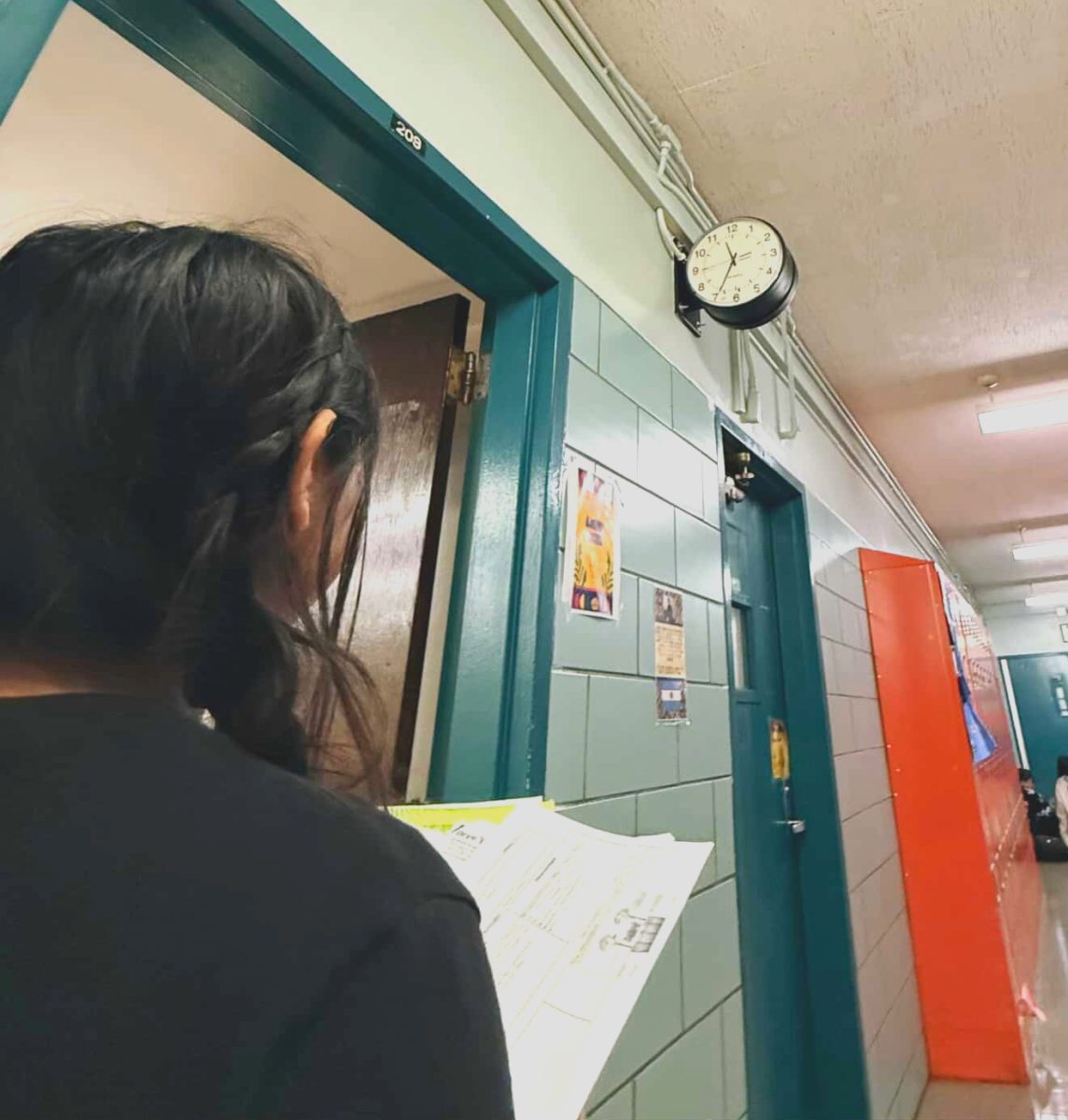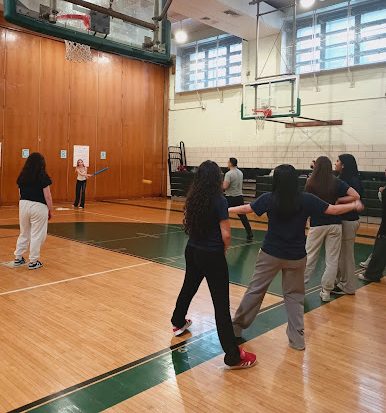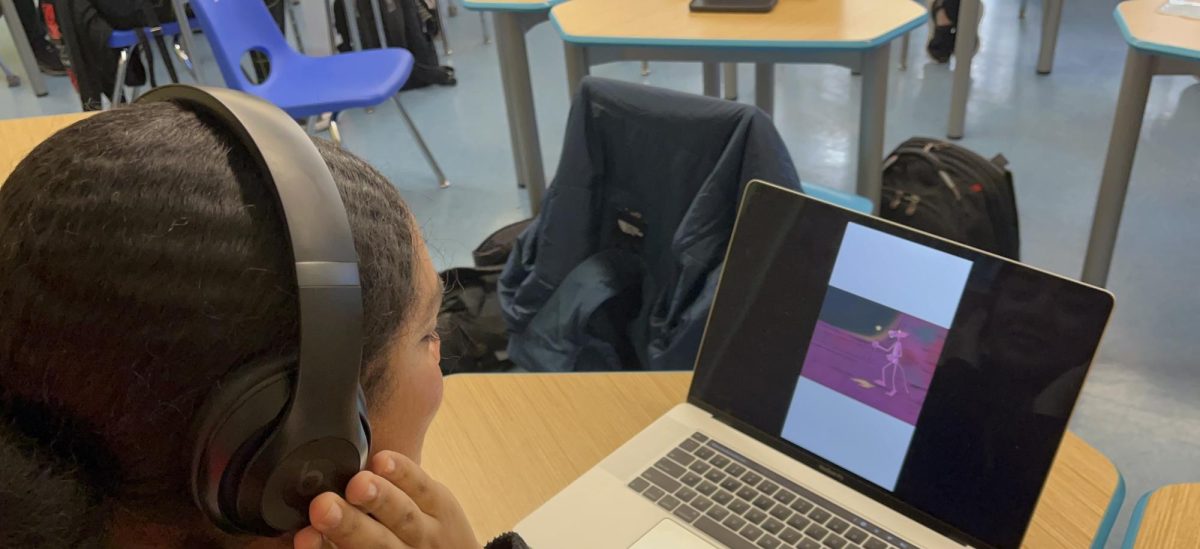The rise of TikTok in the last few years, mostly fueled by the COVID-19 Pandemic, has caused lots of controversy due to it being suspected of mass data collection of its users. However, another issue attributed to the short format of the application is its shortening of the attention spans of its users, with nearly 50% saying they found videos over a minute stressful. This impacts our listening experiences, since if many cannot stand videos over a minute, most would also find it difficult to get through songs over 90 seconds.
Take a look at your own listening habits. How many times do you skip when listening to music? How many times do you hesitantly look at your phone waiting for the song to finish and just skip it? This is the problem with the way we consume music today, with songs getting shorter and shorter and more boring and repetitive than ever. But it is not only music; Most of us get annoyed, tired, and bored of things more quickly, and, as a result, music is just one of the many daily activities that is being affected by Tiktok.
Many people argue that this is just a trend and that eventually it will just disappear like in the past. However, for the current generations growing up on social media (Generation Z and Generation Alpha), the music today serves as our legacy and our contributions to popular culture, which future generations will look back on and remember us for trash and noisy music that was designed for a redundant clock app made for you to have the worst 100 seconds of your day. Is this the impact in pop culture we want to leave once we are well past our teens and early adulthood? It may not seem like a dire situation, however, the songs you see on the charts today make you question the talent and music made popular by the general public.
To reverse the damage currently being done to our ears and listening experiences, we should listen to entire song and not skip it. Actively listen to longer songs, and use the same platforms that give these songs exposure like TikTok, Instagram, Twitter, etc, to tell record labels to stop pushing out the release of these songs that are unappealing and not necessary to the music industry and the legacy of the popular culture of the generations growing up on social media.
With the growing influence of social media today, it seems difficult to tell whether we are experiencing a trend, or if this music format is here to stay. Regardless, the art of music should be appreciated more and past standards should be maintained as they have been proven to work based on the success of 2000s and early-middle 2010s pop music and its relevance even today, which should not be changed just to satisfy the rise of new formats that are harmful to humans and their daily lives.
July 2023 saw the release of K-Pop sensation NewJeans’ Second Mini Album, Get Up, with six tracks that were commercially successful in the United States and globally. In its first week, iIt sold 1.45 million copies the first week of its release in South Korea, and debuted at number one in the Billboard 200 in the United States. The album also spawned numerous successful singles, such as Super Shy, ETA, and Cool With You, of which the latter three charted simultaneously on the Billboard Hot 100; a feat done last by the Pussycat Dolls in 2006. However, the length of the album stands out especially, as the album was a total of 12 minutes and 10 seconds, the shortest track being Get Up at 36 seconds total.
Since the year 2000, the average pop song that charts the Billboard Hot 100 has gone down from 4 minutes 10 seconds to about 3 minutes 30 seconds in 2018. Now, one may think such a 40-second shed in song length is harmless to the our listening experiences, by however letting shorter songs dominate our society, can be interpreted as a sign that we’re losing the war against the influence of social media on in society, and in this case, the music industry, vital to our daily lives. TikTok is the main culprit, with minute-video, a desire for virality forcing musicians to compress songs to create short enough edits to appeal to the algorithm of the application.



























